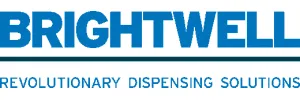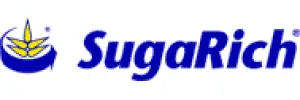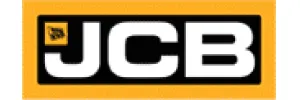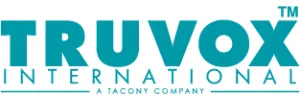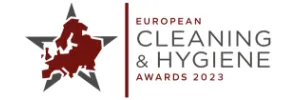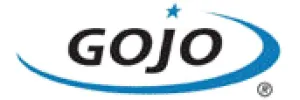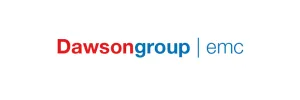News & Insights
Read the latest news from us and our clients across the globe

Posted on 10 September 2012 by adtrak.admin
Keep it confidential
All confidential waste should be disposed of securely. Peter Vernon, managing director of Alpha Waste Solutions explains how organisations can protect themselves by following some simple, yet important, steps.
Every organisation has information and data that would be of great value to its rivals or could potentially damage its customers and stakeholders if leaked. Personnel information, accounts and contracts, new product launches, marketing, investment and mergers, are but a few examples.
As well as paper records, companies often have other materials that should be destroyed once they become redundant. These may not always be obvious, but are materials that ultimately could be used by criminals such as security passes, access cards and out-of-date stationary.
It’s important that businesses dispose of all confidential waste that is no longer required in a secure, efficient and cost-effective way, not only to comply with relevant legislation but also to help protect the environment.
The Information Commissioner’s Office (ICO) can potentially impose a maximum fine of up to £500,000 if a company neglects to operate in accordance with the Data Protection Act 1998.
Getting rid of confidential waste usually involves keeping it secure on-site until the organisation is ready to deal with it, while holding the material separately from other waste streams. Many storage options exist, including dedicated locked cages, secure access rooms and shipping containers, document destruction bins and under-desk containers.
Unless a major record update takes place, most confidential waste is produced piecemeal over many weeks and months and is stored in a container that typically holds up to 80 litres of waste. Waste management systems that provide document destruction containers allow for easy disposal of sensitive materials and storage in one package, with options for lockable, anti-tamper lids.
Shredding sensitive material offers additional security and, depending on the level of security required, shredders are available in a number of internationally recognised levels, conforming to the German DIN (Deutsches Institut für Normung) standard.
Level 1 for low-level security i.e. for non-sensitive documents leaves long strips of paper roughly 12mm wide and is the usual method for reducing bulk. Level 2 is either strip-cut or cross-cut, leaving pieces in strips 6mm wide. Level 3 is considered the norm for sensitive documents, providing cross-cut pieces 4mm wide and around 40mm long. Level 4 shredding is for commercially sensitive material and reduces paper to 2mm x 15mm.
Holding shredded material rather than original documentation reduces the likelihood of any breaches in security. What’s more, it offers the additional benefit of reducing bulk so bins can hold more material. To reduce spillages from containers when being emptied, most containers allow for close fitting internal bags that prevent material being left behind.
Shredding machine waste bags are available in nylon, plastic or paper. The nylon bags are reusable and once lifted can be sealed with anti-tamper tags before transportation. Plastic and paper bags, which can also be securely tagged, offer the convenience of disposability. Paper bags are the most environmentally friendly of all the single use bags as they can be pulped or incinerated along with their contents.
Once documents are shredded, bagged and secure, the next issue is what to do with the material. Some businesses are content to take it to the local waste transfer station, where it will be incinerated, recycled or disposed of in landfill.
If businesses have local storage facilities, the best option is to keep it there until enough waste is generated to make it economically viable for a specialist contractor to collect it and dispose of it securely.
A contractor guarantees secure transfer of waste material on its journey to be incinerated or pulped. All reputable confidential waste management contractors will also provide certificates to prove responsible and secure disposal.
Taking responsibility for the secure disposal of confidential waste is something all organisations should do. Only by employing good practice and employing appropriate equipment and/or reputable external contractors, can organisations ensure that they gain and retain a secure position in the market.
As published in Local Authority Waste & Recycling (LAWR), August 2012
Experts in Public Relations Services & Communications Management
Our ServicesGenuine industry specialists in cleaning and hygiene, environmental and recycling, and facilities management
Our Sectors
